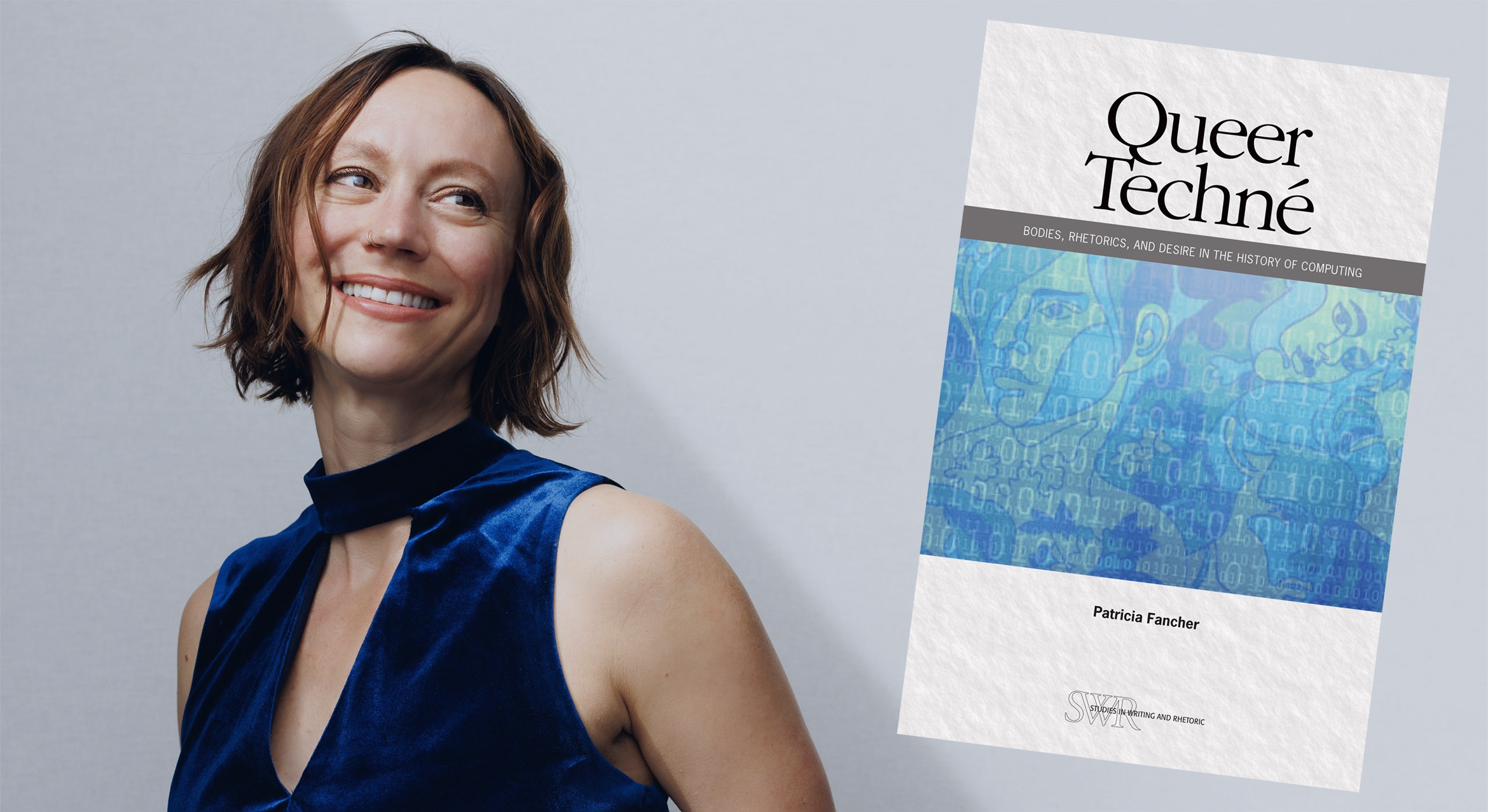
Nelson Lichtenstein, MacArthur Foundation Chair in History at UC Santa Barbara and director of the campus's Center for the Study of Work, Labor, and Democracy, is the recipient of the 2012 Sol Stetin Award for Labor History. The award will be presented at the Sidney Hillman Foundation's annual Hillman Prizes ceremony in New York City on May 1.
The Stetin Award is given each year to a scholar whose work has helped shape the understanding of working people and the labor movement. Lichtenstein is being recognized for his scholarship on –– and advocacy for –– the labor movement, as well as his efforts in training a new generation of scholar-activists. As a leading expert on Wal-Mart and other retail-sector businesses, Lichtenstein has worked with labor groups in the U.S. and abroad to improve conditions for its workers.
"Our campus shares great pride in Professor Lichtenstein's renowned research and activism in labor relations, and in his leadership as director of our Center for the Study of Work, Labor, and Democracy," said UCSB Chancellor Henry T. Yang. "I share in the joy of our campus that his outstanding contributions are being recognized with the prestigious Stetin Award for Labor History."
"I am very pleased to be in the company of other great scholars and leaders who have received the Sol Stetin Award," Lichtenstein said. "The award recognized not only my scholarship, but also the projects I've been engaged in at UCSB, the most significant of which is the Center for the Study of Work, Labor, and Democracy."
A leading historian in the area of American labor, Lichtenstein is the author or editor of more than a dozen books, including "The Retail Revolution: How Wal-Mart Created a Brave New World of Business"; "State of the Union: A Century of American Labor"; "Walter Reuther: The Most Dangerous Man in Detroit"; and "Labor's War at Home: The CIO in World War II." Most recently, he is the editor, with Elizabeth Tandy Shermer, of the forthcoming "The Right and American Labor: Politics, Ideology, and the Imagination."
Lichtenstein, who earlier taught at the Catholic University of America and at the University of Virginia, has held fellowships from the National Endowment for the Humanities, the Rockefeller and Guggenheim Foundations, the Fulbright Commission, and the University of California. His reviews and opinion pieces have appeared in the Los Angeles Times, The New York Times, Dissent, New Labor Forum, American Prospect, and numerous academic journals.
The Stetin Award is named for the labor leader whose family emigrated from Poland to the U.S. in 1920, and settled in Paterson, N.J. Stetin, who in 1930 took a job at a dye shop for 32 cents an hour, became active in the nationwide textile strike of 1934, and rose in the ranks of the union's leadership. As president of the Textile Workers Union of America, Stetin led the 17-year organizing drive at J.P. Stevens, one of the most ambitious union organizing campaigns in the anti-union South. During the campaign, Stetin merged his 174,000-member union with the larger Amalgamated Clothing Workers of America in order to make more money and more manpower available for the Stevens campaign, on which the 1979 movie "Norma Rae" was based. The union eventually organized 3,500 workers at a dozen J.P. Stevens textile mills.
Passionate about preserving the stories of workers' lives, Stetin co-founded the American Labor Museum, housed in the Botto House National Landmark, the former home of silk mill worker Pietro Botto and his wife, Maria. Their house served as the meeting place for over 20,000 silk mill workers during the 1913 Paterson Silk Strike. The strikers called for safe working conditions, an end to child labor, and an eight-hour day.
Established in 1950 and named for the founding president of the Amalgamated Clothing and Textile Workers Union –– the predecessor of Workers United –– the Sidney Hillman Foundation honors journalists, writers, and public figures who pursue social justice and public policy for the common good.
Related Links
Center for the Study of Work, Labor, and Democracy
The Sidney Hillman Foundation



